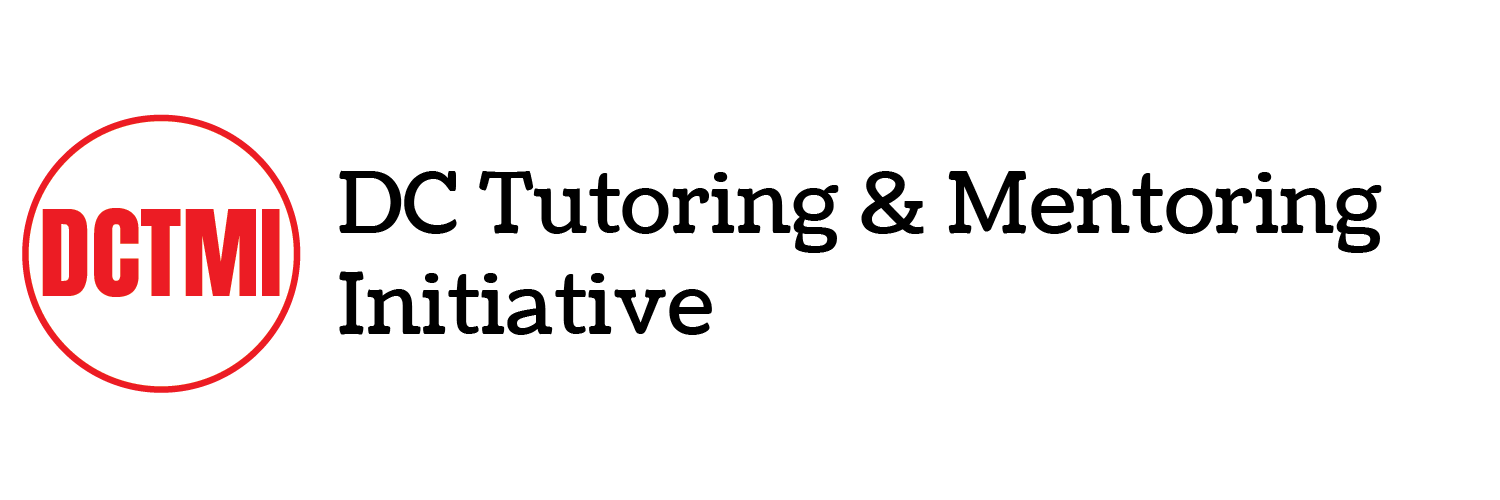 Yevola S. Peters has been working to combat racial and economic disparities and mobilizing people in the Annapolis community for over half a century. At 86, she is serving a new generation with the same passion that she had in the 1960s when she was at the forefront of desegregating education there.
Yevola S. Peters has been working to combat racial and economic disparities and mobilizing people in the Annapolis community for over half a century. At 86, she is serving a new generation with the same passion that she had in the 1960s when she was at the forefront of desegregating education there.
She began as a music teacher in local schools, but her firm, calm, humble, and warm approach led her away from her career in education and into the leadership of the nonprofit Community Action Agency of Anne Arundel County. From that position and others to follow, she played a critical role as a force for local change and as a mentor to rising Black leaders– all the while making time to play the piano at church every Sunday. Now, with an Annapolis street named after, her commitment to service and to mentoring others is as strong as ever. She is a living legend and a great example to the next generation of community leaders.
She was born in Orangeburg, South Carolina to two teachers at Claflin University. Peters had the unique experience of growing up in the presence of young adults. She would go to church with them, run behind them on the campus, and even play the piano for them. She watched her parents empower the next generation through their teaching and, unbeknownst to her, Peters would find herself doing the same thing.
Although she enjoyed her childhood, Peters knew that after her second year of college she needed to leave the nest and attend a school where her parents had no chance of being her teacher. So, she traveled 500 miles north to Morgan State University. Though she was out of the deep south, she learned quickly that her Blackness still came with a price.
“I was so shocked… I come to Baltimore, you can’t even go in the store, in order to buy clothes. So that’s when I call my father, I say ‘Daddy, you know you can’t go in the store?’ he said, ‘You certainly didn’t study your geography because you below the Mason Dixie line.’ “
Despite the racism that she faced in Maryland, she would ultimately settle there after graduate school with a degree. Her plan was to take this degree to teach music. However, she would face a hurdle standing in her way.
“I applied for a teacher position in the school system and the only openings were in all-white schools. That was when I realized that integration actually hadn’t taken place yet,” she said. “They weren’t hiring Black teachers in predominantly white schools.”
So, it wasn’t until three years later, in 1966, when Peters was given the opportunity to teach in a predominantly white school.
“The children had all of the impressions that their parents had taught them.”
Her white students, who didn’t know any Black people personally, believed Black people were inferior to them. Their parents taught their children these bigoted values and they trusted them. However they also trusted Peters, so she started to teach her students about African history through music. The students were incredibly receptive and she received no negative feedback from parents.
As the school continued to desegregate, Peter’s focus would shift to her new Black students who needed an advocate. The Black students boycotted their school because of a lack of diversity and some would even face expulsion. Once again, Peters was there. She would help to reinstate some of the students, all the while, balancing her teaching and personal life.
Her work would eventually begin to shift out of the classroom and into her community. Peters started working as a volunteer for the Community Action Agency which aimed to provide the necessary resources for children and parents in low-income communities. Here, it is where she was able to use her knowledge about the educational system in combination with her natural leadership skills to mobilize her community. Though she is modest about her impact, just this month, she received a letter from someone who worked with her in the late ’70s thanking her for her support.
Today, Peter’s work is centered around combatting the systemic challenges that Black people face today.
“The low self-esteem of our children and the struggles of households and families and the deterioration of families… Mass incarceration things that separation of families, all these things really play into where we are today,” she said
Peters also heavily emphasized the importance of straying from individualism and buying into collaboration in order to help advance our communities.
“Getting other community people to be mentors to both, not just the children, but the whole family. Once people feel good about themselves and have very good self-esteem… then attitudes and behaviors change. It is going to take that to overcome what the system is throwing at you anyway, if you don’t have strong faith in yourself and now you gotta deal with the system you are starting off in a deficit.”
Peters has seen different systemic disruptors infiltrate her community and has recognized that over time, it has created overt discouragement amongst the people in her community.
Attacking issues that have blossomed into generational shortcomings, at the root, is fundamental in creating generational growth.
Yevola S. Peters is the definition of a servant leader. She sees a gap and fills it, or trains someone else to. Her work is ever-evolving, yet her mission has stayed the same for over 50 years. She has trained up young people, who are now training their own young people. Her impact is unfathomable, her passion is resilient, and her wisdom is immeasurable.


